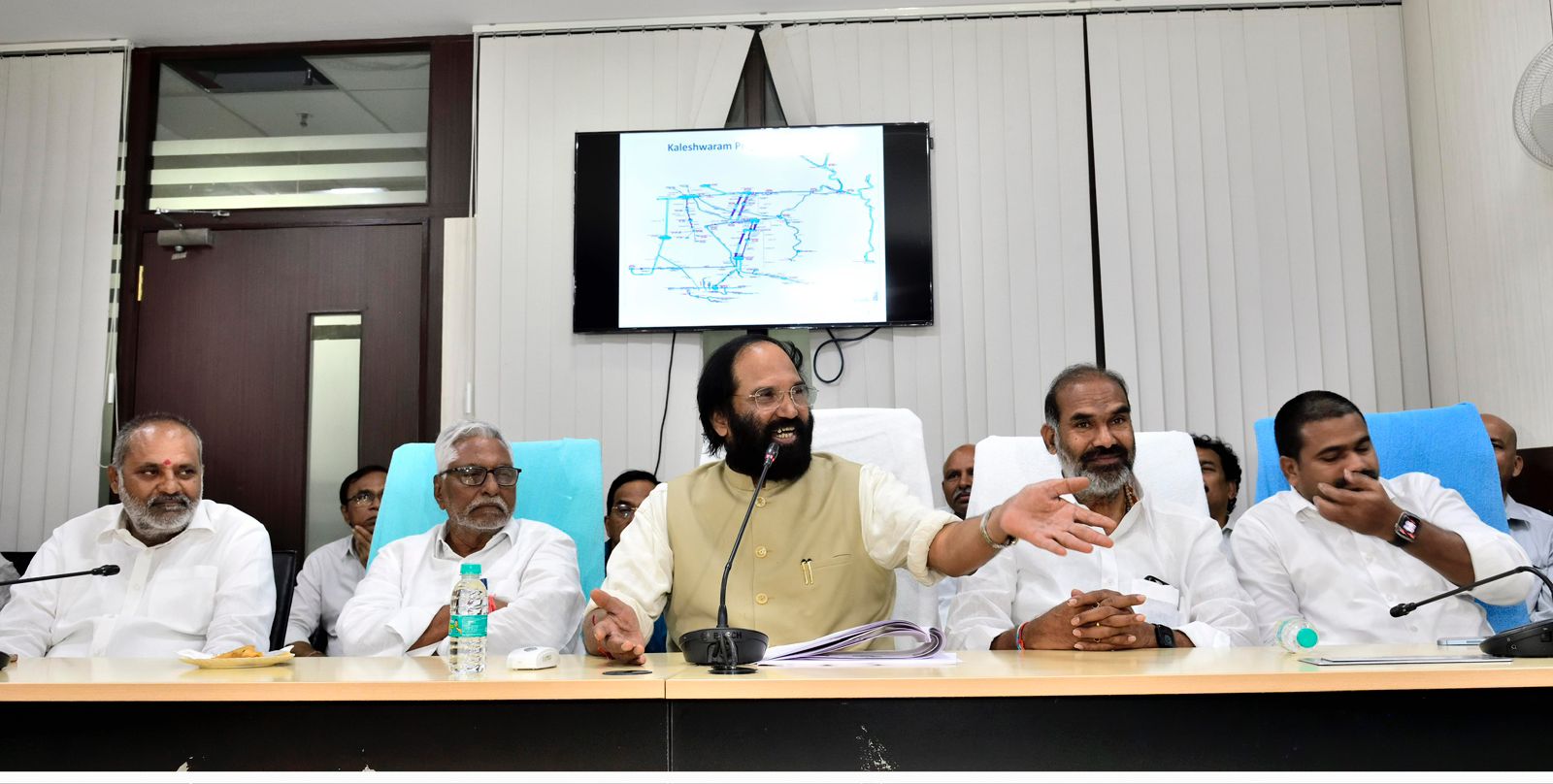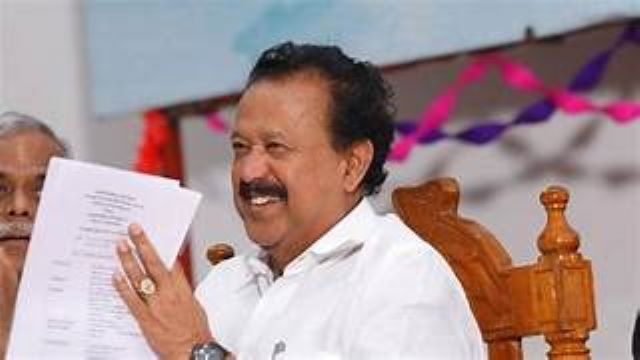Why oppose UCC?

With the final warning from the Supreme Court on January 2022, the Narendra Modi government at the Centre appears to be determined to bring in the Uniform Civil Code (UCC) Bill in the monsoon session, starting July 20. Although the final draft is yet to be made public, campaigning has begun in support and against it. The Law Commission too has sought the public opinion without showing the draft copy. And, supporters and opponents of Modi have started reacting on the expected lines.
Legal luminaries like Kapil Sibal are jumping the gun with assumptions and presumptions. As expected the Opposition leaders allege that the UCC is thrust upon the people, knowing well the diversity of Indian society and its Constitutional guarantees, quoting whatever Articles come to their mind. Some sensible Congress leaders call it only a ‘Dog whistle’.
The Supreme Court had given a four-week ultimatum to the Centre in last January on UCC implementation. And, the Bharatiya Janata Party (BJP)-led government has been seeking extensions from the Supreme Court since, though it was the party’s electoral promise to implement the UCC. It clearly shows that even the BJP appears to be nervous and is at a loss in finalizing the draft. Added to its woes is that Modi doesn’t have an advisor to the calibre of the late Arun Jaitley to guide him on the pros and cons in finalizing the draft.
What one could only gather is that the proposed UCC’s thrust will be empowering the minority women, especially Muslims, who were deprived of basic human rights and were forced to suffer inequalities under Shariat Law. That is not the case in the majority of other faiths like Christians, Jains, Sikhs, or Buddhists. Gender justice by-and-large in these faiths are believed to be within the ‘tolerance’ levels.

However, gender justice to Muslims was successfully rendered by the Modi government through the abolition of the ‘Triple Talaq’. What is more astonishing is that the majority of Islamic countries have got rid of this practice to ensure gender justice, yet Indian Muslims stand to oppose it. Yet, the Modi government has brought that law through parliament democracy, to the displeasure of the majority of Opposition parties. And, it did help the rightist BJP electorally, if the Uttar Pradesh elections are of any indication, where it managed to retain power with a massive mandate.
The Modi government is making it abundantly clear that the proposed UCC was only to do justice to the minority Muslim women. If that is the case, why do the Moulanas or the Muslim bodies oppose it? Would they like their women to remain suppressed in not getting their rights protected in either ancestral property claims? Or do they wish that their Shariat law should prevail as part of the guarantees provided in some Articles of the Indian Constitution?
If so, will they allow the party in power at the Centre to implement their Shariat Law by letter and spirit as it did in some Islamic countries like Saudi Arabia? Yes, limb for limb and head for head?
Article 44 of the Constitution reads, “The state shall endeavour to secure for the citizens a uniform civil code throughout the territory of India’’. The language of Article 44 reveals the unambiguous intention of the Constitution framers and that they felt the UCC was in the national interest. Added to that the Supreme Court judgments have consistently reaffirmed the significance of the Constitution and its fundamental values while interpreting personal laws and addressing conflicts between customary practices and fundamental rights. Drawing its strength from these pillars, the UCC can protect against discrimination in matters about divorce, maintenance, adoption and succession.
Yet, some Opposition leaders quote some other Articles, including 38 and 39, claiming that they protect religious freedom. That’s their interpretation and certainly not of learned Supreme Court judges, who had been insisting on bring in UCC to make the jurisprudence freed from complications in dealing with cases.
Many sensible minds also advise those who are opposing for opposition’s sake since it is being brought in by their most hated Modi to look at the Constituent Assembly debates, especially the views of leaders such as B R Ambedkar, K M Munshi, Alladi Krishnaswamy Iyer, among others, for guidance. In the words of Munshi: “The point however, is this, whether we are going to consolidate and unify our law in such a way that the way of life of the whole country may in course of time be unified and secular… What have these things got to do with religion I fail to understand?”
Against that background, one can only construe that the Opposition parties are guilty of the charge of dereliction of their duty by ignoring the case of UCC. This is my personal view, and hope, all those who wish to ensure gender justice, will agree!




